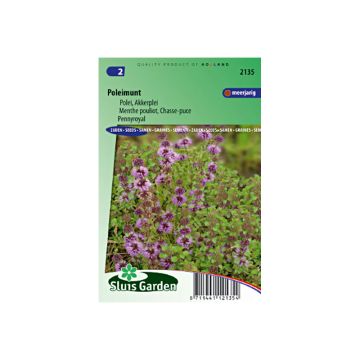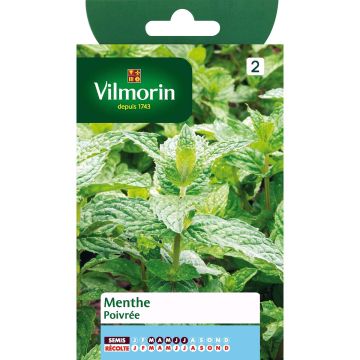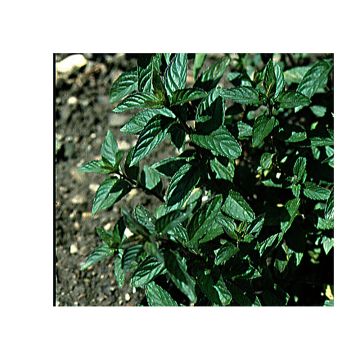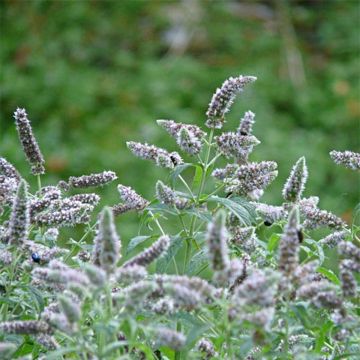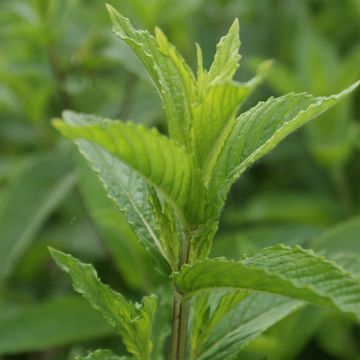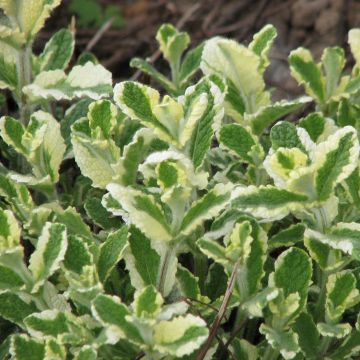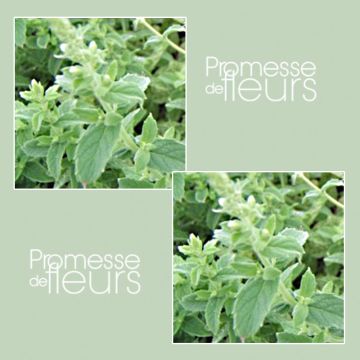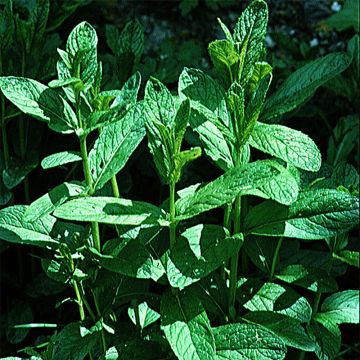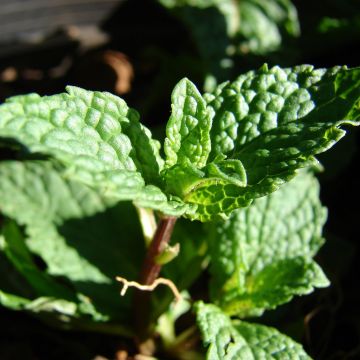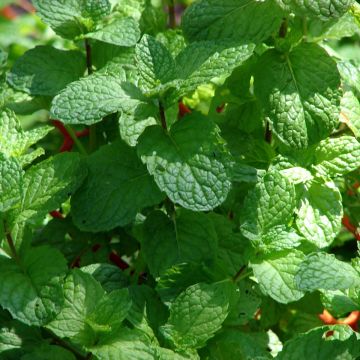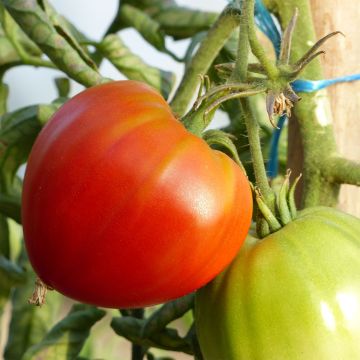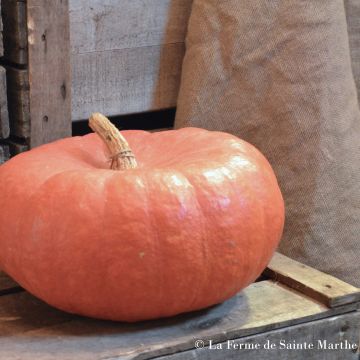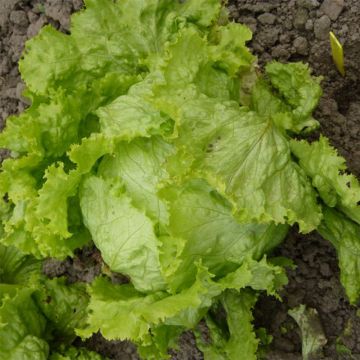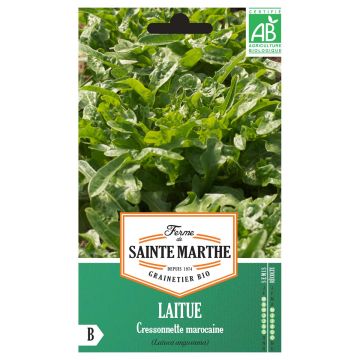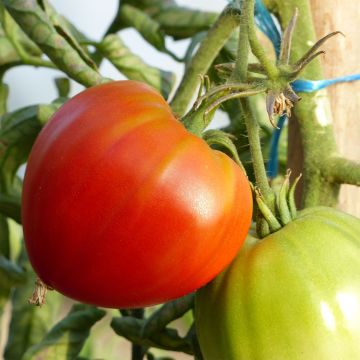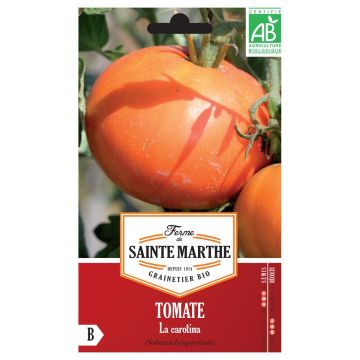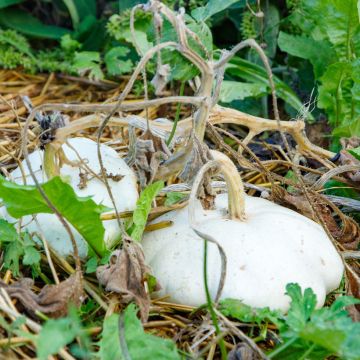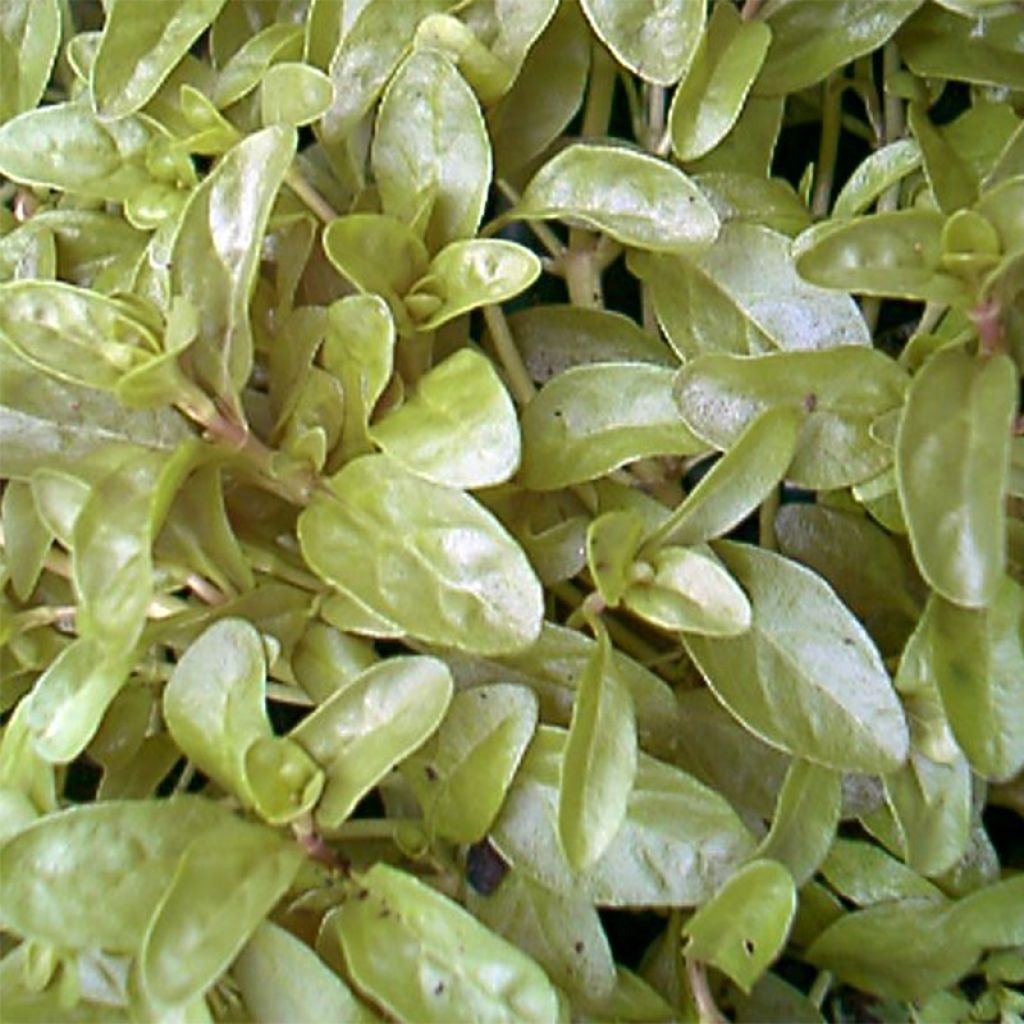

Mentha pulegium
Mentha pulegium
Mentha pulegium
Pennyroyal, European Pennyroyal, Squaw Mint
As soon as received and planted, 2 young plants survived but their growth is less. We'll see how they evolve over time. However, 1 young plant was in very bad condition and did not survive. Yet all the young plants were planted in partial shade. Disappointed with this mint. The other mints in the vegetable garden are thriving, but not this one.
Ycel(lesjardins), 24/10/2024
Special offer!
Receive a €20 voucher for any order over €90 (excluding delivery costs, credit notes, and plastic-free options)!
1- Add your favorite plants to your cart.
2- Once you have reached €90, confirm your order (you can even choose the delivery date!).
3- As soon as your order is shipped, you will receive an email containing your voucher code, valid for 3 months (90 days).
Your voucher is unique and can only be used once, for any order with a minimum value of €20, excluding delivery costs.
Can be combined with other current offers, non-divisible and non-refundable.
Home or relay delivery (depending on size and destination)
Schedule delivery date,
and select date in basket
This plant carries a 6 months recovery warranty
More information
We guarantee the quality of our plants for a full growing cycle, and will replace at our expense any plant that fails to recover under normal climatic and planting conditions.
Description
The Pennyroyal Mint - Mentha pulegium is a variety with creeping foliage, emitting a strong fragrance. It is a honey plant known for repelling fleas. This hardy and perennial herbaceous plant can be grown in open ground or in a pot. It will reach a height of 10 to 20 cm (4 to 8in). Plant in spring or autumn, harvest from March to October.
Mint is an aromatic bushy plant with highly fragrant leaves. It belongs to the Lamiaceae family, like melissa. Preferably install it in a semi-shaded location, although Mint can practically grow anywhere. It is a perennial plant that will be cultivated for two or three years, as beyond that, it tends to become less productive. Carefully choose the location where you want to plant it: Mint spreads very quickly thanks to its creeping roots. You can also grow it in a pot, which allows you to control its spread. It is ideal to install in the vegetable garden as Mint is known to repel unwanted insects from the garden, such as aphids and ants, as well as certain rodents. As for leaf harvesting, it can be done throughout the year, mainly from March to October.
There are many varieties of mint, the most well-known being green mint, peppermint, pennyroyal mint, and lemon mint. Depending on the varieties, the leaves will offer you a whole range of fragrances. In the kitchen, use them from appetizers to desserts, to flavor salads and raw vegetables, summer grills, yogurt-based sauces, or fruits. The leaves are also delicious in infusions, in tea or hot chocolate.
Harvest: Harvest the leaves as you need them. Choose the largest leaves and cut the entire stem to encourage regrowth. Preferably harvest in the morning to make the most of the mint's aromatic qualities. If you want to dry the leaves, pick the stems before flowering.
Storage: Ideally, consume the freshly cut leaves. If you don't use the fresh leaves, dry the stems and store the leaves in a tightly closed jar, away from light.
Gardener's tip: If you want to plant mint in the vegetable garden while limiting its spread, plant it in a pot and bury the pot in the middle of your garden! Choose a large enough pot and regularly divide the clumps, in autumn or spring.
Report an error about the product description
Mentha pulegium in pictures
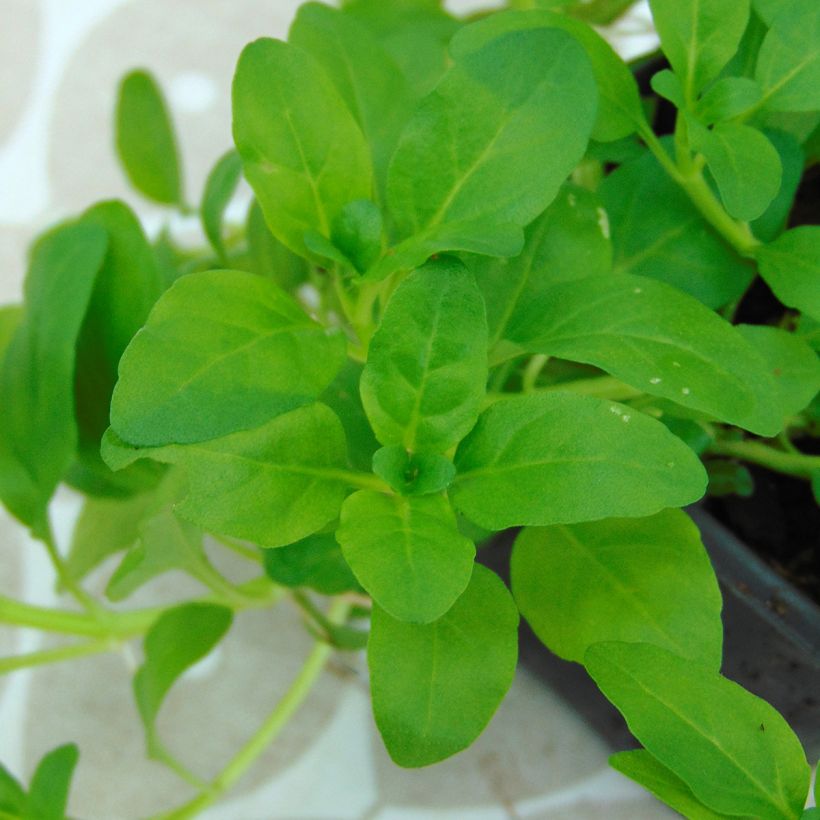

Harvest
Plant habit
Foliage
Other Mint
View all →Planting and care
Planting is done in spring (from March to May) or in autumn (September-October). Preferably choose a partially shaded location, although Mint can grow almost anywhere.
In open ground: Mint likes rich, fertile and moist soils. If your soil is poor, add well-rotted compost a few months before planting, by digging to a depth of 5 cm (2in), after loosening the soil. The plants will be spaced 40 cm (16in) apart in all directions. Soak the root ball in water for 1/2 hour before planting. Dig a hole (3 times the volume of the root ball), place the root ball and cover with fine soil. Firm and water to keep the soil moist. During cultivation, water moderately, mainly in case of high temperatures.
In pots: Place a layer of gravel at the bottom of the pot to facilitate drainage. Fill it with potting soil, place the root ball and cover with soil. Firm and water to keep the soil moist. During cultivation, water regularly, about once a week (or more in dry periods). Plan for repotting every year.
At the end of autumn, cut the stems to 10 cm (4in) from the ground to promote new growth.
Mint can multiply by dividing clumps in spring or by propagation.
Cultivation
Care
Intended location
-
, onOrder confirmed
Reply from on Promesse de fleurs
Similar products
Haven't found what you were looking for?
Hardiness is the lowest winter temperature a plant can endure without suffering serious damage or even dying. However, hardiness is affected by location (a sheltered area, such as a patio), protection (winter cover) and soil type (hardiness is improved by well-drained soil).

Photo Sharing Terms & Conditions
In order to encourage gardeners to interact and share their experiences, Promesse de fleurs offers various media enabling content to be uploaded onto its Site - in particular via the ‘Photo sharing’ module.
The User agrees to refrain from:
- Posting any content that is illegal, prejudicial, insulting, racist, inciteful to hatred, revisionist, contrary to public decency, that infringes on privacy or on the privacy rights of third parties, in particular the publicity rights of persons and goods, intellectual property rights, or the right to privacy.
- Submitting content on behalf of a third party;
- Impersonate the identity of a third party and/or publish any personal information about a third party;
In general, the User undertakes to refrain from any unethical behaviour.
All Content (in particular text, comments, files, images, photos, videos, creative works, etc.), which may be subject to property or intellectual property rights, image or other private rights, shall remain the property of the User, subject to the limited rights granted by the terms of the licence granted by Promesse de fleurs as stated below. Users are at liberty to publish or not to publish such Content on the Site, notably via the ‘Photo Sharing’ facility, and accept that this Content shall be made public and freely accessible, notably on the Internet.
Users further acknowledge, undertake to have ,and guarantee that they hold all necessary rights and permissions to publish such material on the Site, in particular with regard to the legislation in force pertaining to any privacy, property, intellectual property, image, or contractual rights, or rights of any other nature. By publishing such Content on the Site, Users acknowledge accepting full liability as publishers of the Content within the meaning of the law, and grant Promesse de fleurs, free of charge, an inclusive, worldwide licence for the said Content for the entire duration of its publication, including all reproduction, representation, up/downloading, displaying, performing, transmission, and storage rights.
Users also grant permission for their name to be linked to the Content and accept that this link may not always be made available.
By engaging in posting material, Users consent to their Content becoming automatically accessible on the Internet, in particular on other sites and/or blogs and/or web pages of the Promesse de fleurs site, including in particular social pages and the Promesse de fleurs catalogue.
Users may secure the removal of entrusted content free of charge by issuing a simple request via our contact form.
The flowering period indicated on our website applies to countries and regions located in USDA zone 8 (France, the United Kingdom, Ireland, the Netherlands, etc.)
It will vary according to where you live:
- In zones 9 to 10 (Italy, Spain, Greece, etc.), flowering will occur about 2 to 4 weeks earlier.
- In zones 6 to 7 (Germany, Poland, Slovenia, and lower mountainous regions), flowering will be delayed by 2 to 3 weeks.
- In zone 5 (Central Europe, Scandinavia), blooming will be delayed by 3 to 5 weeks.
In temperate climates, pruning of spring-flowering shrubs (forsythia, spireas, etc.) should be done just after flowering.
Pruning of summer-flowering shrubs (Indian Lilac, Perovskia, etc.) can be done in winter or spring.
In cold regions as well as with frost-sensitive plants, avoid pruning too early when severe frosts may still occur.
The planting period indicated on our website applies to countries and regions located in USDA zone 8 (France, United Kingdom, Ireland, Netherlands).
It will vary according to where you live:
- In Mediterranean zones (Marseille, Madrid, Milan, etc.), autumn and winter are the best planting periods.
- In continental zones (Strasbourg, Munich, Vienna, etc.), delay planting by 2 to 3 weeks in spring and bring it forward by 2 to 4 weeks in autumn.
- In mountainous regions (the Alps, Pyrenees, Carpathians, etc.), it is best to plant in late spring (May-June) or late summer (August-September).
The harvesting period indicated on our website applies to countries and regions in USDA zone 8 (France, England, Ireland, the Netherlands).
In colder areas (Scandinavia, Poland, Austria...) fruit and vegetable harvests are likely to be delayed by 3-4 weeks.
In warmer areas (Italy, Spain, Greece, etc.), harvesting will probably take place earlier, depending on weather conditions.
The sowing periods indicated on our website apply to countries and regions within USDA Zone 8 (France, UK, Ireland, Netherlands).
In colder areas (Scandinavia, Poland, Austria...), delay any outdoor sowing by 3-4 weeks, or sow under glass.
In warmer climes (Italy, Spain, Greece, etc.), bring outdoor sowing forward by a few weeks.






























